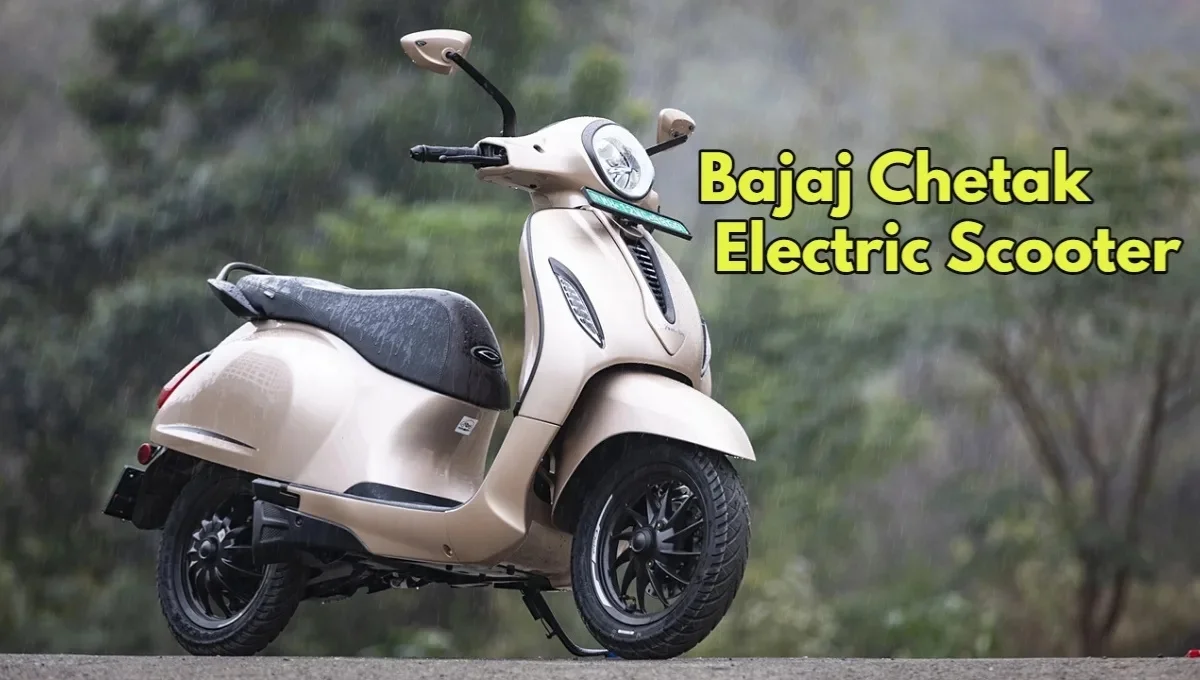In a major boost to Tamil Nadu’s automotive ecosystem, American automaker Ford Motor Company has announced plans to invest ₹3,250 crore to restart operations at its Maraimalai Nagar plant near Chennai. The investment will focus on manufacturing “next-generation” powertrains, marking the company’s renewed commitment to India’s manufacturing potential after its earlier exit from the domestic car market.
Ford’s Big Return to India’s Manufacturing Landscape
The Chennai plant, which had suspended production in August 2022, is now set for a revival. As part of this fresh investment, Ford aims to produce around 235,000 engine units annually starting in 2029. The move follows a Letter of Intent (LoI) signed in September 2024, culminating in a Memorandum of Understanding (MoU) signed between Ford representatives and the Tamil Nadu government on Friday.
Senior executives from Ford met Chief Minister M. K. Stalin in Chennai to finalize the agreement. The company is expected to utilize this facility primarily for the export of next-generation engines and possibly electric vehicle (EV) components to South East Asian markets, reinforcing India’s growing position in global automotive manufacturing.
A New Chapter for Ford’s Chennai Plant
“This decision shows our strong commitment to using India’s manufacturing strength to build and develop our future products,” said Jeff Marentic, President of Ford’s International Markets Group.
He added, “We’re glad to move forward with our plans and reaffirm the Chennai plant’s important role in Ford’s global manufacturing network.” We are grateful to the Tamil Nadu government for its continued support as we move forward.”
The exact details of the engines to be manufactured and the target export markets are expected to be announced closer to the plant’s operational date.
Government Welcomes Ford’s Renewed Investment
The Tamil Nadu government has been instrumental in facilitating Ford’s return. Industries Minister T. R. B. Rajaa described the development as a “milestone moment” for the state’s thriving automotive sector.
“Ford’s decision to commence manufacturing in Chennai will further energize Tamil Nadu’s resurgent automobile industry. It highlights the state’s robust industrial ecosystem, highly skilled workforce, and investor-friendly policies,” Rajaa said.
He emphasized that this isn’t just a revival of an old factory, but a strategic step toward the future of automotive innovation. “This is not just the start of manufacturing at the existing Ford facility—it is the beginning of a new era of advanced engine production in Tamil Nadu,” he added.
Economic Impact and Job Creation
The ₹3,250 crore investment is expected to create over 600 direct jobs, with significant indirect employment in the state’s vast network of auto component suppliers, logistics, and ancillary services.
Ford already employs 12,000 people in Tamil Nadu through its Global Business Operations unit, which supports the company’s worldwide operations in areas such as IT, finance, and customer services.
This expansion will further strengthen Tamil Nadu’s status as a leading automobile hub in India, alongside Chennai’s existing presence of major automakers like Hyundai, Renault-Nissan, and BMW.
From Exit to Reentry: The Ford India Journey
Ford’s re-entry into the Indian manufacturing landscape comes after a period of restructuring and strategic reassessment. When the company ceased operations in 2022, it had accumulated losses of around $2 billion over a decade, holding less than a 2% share of India’s passenger vehicle market.
The Maraimalai Nagar plant had produced popular models like the EcoSport and Endeavour SUVs before shutting down. Following its exit, Ford provided severance packages worth ₹1,296 crore to 2,592 employees, ensuring a smooth transition.
Since mid-2023, the Tamil Nadu government has been in active discussions with Ford about reviving the plant. Minister Rajaa first engaged with the automaker in San Francisco in July 2023, where Ford sought six months to evaluate its plans.
In July 2024, Rajaa visited Ford’s headquarters in Dearborn, Michigan, where discussions about Tamil Nadu’s growing manufacturing ecosystem and skilled workforce reportedly convinced Ford’s leadership to restart operations in the state.
A Step Toward the Future
The new Chennai plant investment signals Ford’s long-term strategy to strengthen its global production network with India as a key export base. The focus on “next-generation engines” hints at the company’s evolving product roadmap, potentially including hybrid or EV-compatible powertrains.
For Tamil Nadu, this partnership marks yet another success in attracting global manufacturers to invest in sustainable, future-oriented technologies. The state has recently been promoting policies that support the EV revolution, green energy adoption, and industrial upskilling — all of which align with Ford’s goals.
Ford’s Ongoing Commitment to Indian Customers
Even after its production halt in 2022, Ford has continued to serve nearly 1 million customers in India through service centers, warranty support, and spare parts distribution. The company maintains an extensive service network, ensuring existing Ford owners continue to receive high-quality support.
This new manufacturing venture not only rekindles Ford’s relationship with Indian industry but also underscores its commitment to long-term growth and innovation in the region.
Strategic Location Advantage
The Maraimalai Nagar facility is strategically located near Chennai and Ennore ports, with close proximity to Bengaluru (around 320 km). This makes it ideal for export-oriented operations, allowing efficient logistics to global markets.
Given Ford’s strong legacy in engine manufacturing, the Chennai plant’s revival is poised to serve as a key export hub for next-generation powertrain systems — especially as global demand rises for cleaner and more efficient technologies.










